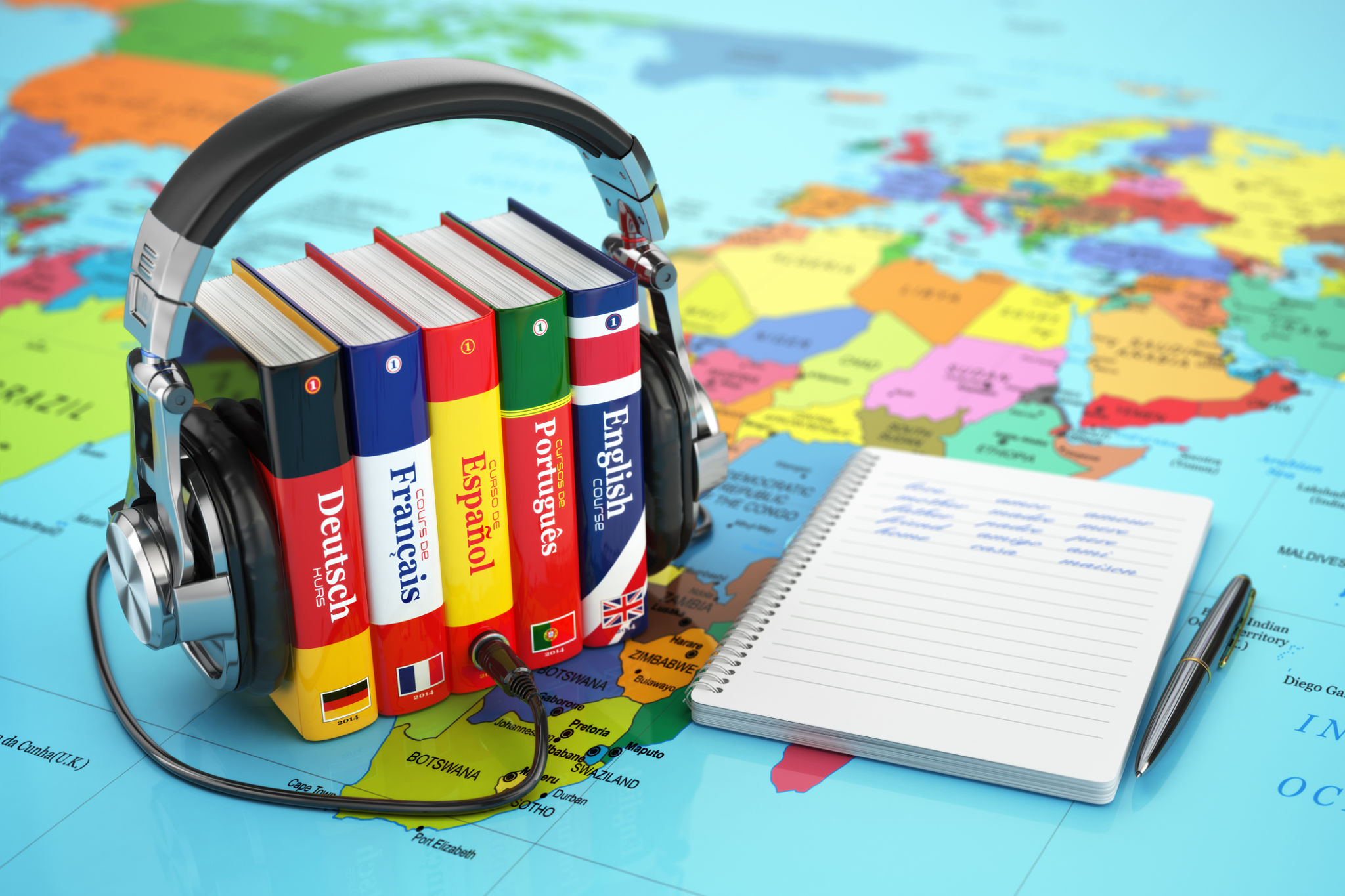Understanding the Importance of Accurate Translations for Academic Evaluations
The Role of Accurate Translations in Academic Evaluations
In an increasingly globalized world, academic institutions are welcoming students from diverse linguistic backgrounds. As a result, there is a growing need for accurate translations in academic evaluations. These translations ensure that students' credentials, achievements, and qualifications are correctly understood and recognized by educational bodies worldwide. Without precise translations, students might face unnecessary obstacles in their academic journeys.

Ensuring Fair Assessment
Accurate translations play a critical role in ensuring that students receive fair assessments. When academic documents like transcripts, diplomas, and certificates are translated precisely, educational institutions can accurately assess a student's qualifications. This helps prevent misunderstandings that could lead to a student being undervalued or misjudged. Fair assessment is crucial for maintaining integrity in the academic world.
Moreover, accurate translations help educators and administrators avoid biases that might arise from misinterpretations. This supports an equitable academic environment where all students are judged based on their true capabilities and achievements.
The Impact on Career Opportunities
The importance of accurate translations extends beyond academic evaluations to influence future career opportunities. Many employers rely on translated academic documents during the hiring process. If these documents are inaccurately translated, it could lead to misinterpretations of a candidate's qualifications, potentially affecting their employment prospects.

Furthermore, professional licensure often requires the submission of translated academic credentials. Inaccurate translations can delay or even derail the certification process, impacting a professional's ability to practice in their field.
Challenges in Academic Translations
Despite its importance, translating academic documents poses several challenges. Academic language is often technical and specialized, requiring translators with specific expertise in both the source and target languages. Additionally, cultural nuances must be considered to ensure that the context is accurately conveyed.
Translators must also be familiar with various educational systems worldwide to effectively translate academic credentials. This requires a deep understanding of different grading systems, qualification frameworks, and educational terminologies.

Choosing the Right Translation Service
Given the complexities involved in translating academic documents, selecting the right translation service is paramount. Institutions and individuals should look for translation services with a proven track record in the academic field. Key factors to consider include:
- Expertise: Ensure the service has translators with specialized knowledge in academic content.
- Accuracy: Check for certifications or quality assurance processes that guarantee precise translations.
- TAT (Turnaround Time): Consider services that offer prompt delivery without compromising quality.
By prioritizing these factors, institutions can ensure that they receive reliable translations that uphold the integrity of academic evaluations.
Conclusion: Upholding Academic Integrity
The importance of accurate translations in academic evaluations cannot be overstated. They are essential for ensuring fair assessments, enhancing career opportunities, and maintaining the global credibility of educational credentials. As the world becomes more interconnected, the demand for precise and reliable translations will continue to grow. By investing in high-quality translation services, academic institutions can uphold their standards and support students in achieving their full potential.
